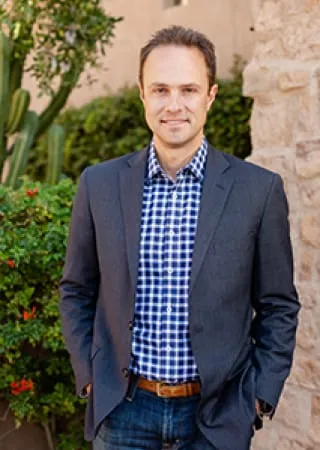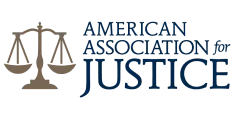The recent convictions of former prison guards at the Wyoming Women’s Center in Lusk have brought a disturbing issue to the forefront: the sexual abuse of incarcerated women by those entrusted with their care. Over the last five years, three separate cases have resulted in convictions, highlighting a systemic problem that goes far beyond a few isolated incidents.
For far too long, sexual assault in prisons has been a hidden crisis, with victims often facing retaliation and disbelief when they attempt to come forward. The power dynamics within a correctional facility are heavily skewed, making inmates uniquely vulnerable. They are stripped of their autonomy, and their reports of abuse can easily be dismissed or punished, further entrenching a culture of silence.
The convictions of these three guards serve as a painful reminder of this reality. Each case, while distinct, points to a common thread: an abuse of authority and a betrayal of public trust. These individuals, who were hired to ensure the safety and security of the women at the Lusk facility, instead used their position to exploit and harm.
This pattern of abuse is not unique to Wyoming. Across the country, similar cases are coming to light, fueled in part by the Prison Rape Elimination Act (PREA). Passed in 2003, PREA was a landmark piece of legislation designed to eliminate sexual abuse in all correctional facilities. It requires prisons to have strict policies, conduct regular audits, and establish clear reporting mechanisms. While PREA has helped bring some of these issues out of the shadows, the ongoing convictions show there is still a long way to go.
The bravery of the survivors who came forward in these cases cannot be overstated. By speaking their truth, they risked further harm and emotional distress. Their courage is a testament to their resilience and an essential step toward holding perpetrators accountable.
These convictions are not an end to the story. They are a call to action. We must ask:
- What allowed this pattern of behavior to emerge and persist?
- What measures are being taken to prevent future abuse and protect vulnerable inmates?
- How are corrections departments, both in Wyoming and nationwide, ensuring that the staff they hire are fit for their duties and held to the highest standards?
The cases at the Wyoming Women’s Center are a sobering example of the deep-seated issues that exist within our justice system. True justice requires not only holding perpetrators accountable but also addressing the systemic failures that allowed their crimes to occur in the first place. Only then can we begin to create safe and humane environments for everyone, including those who are incarcerated.






